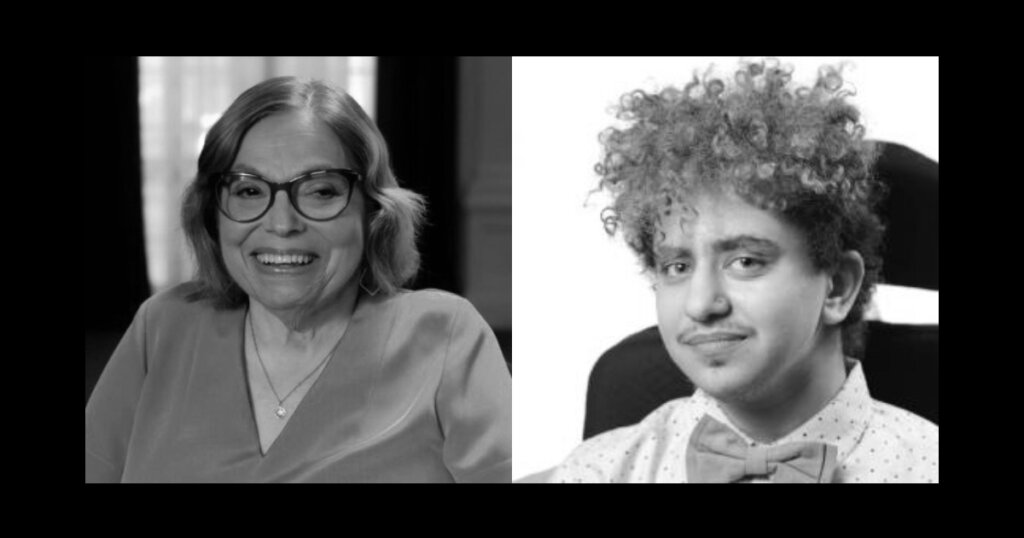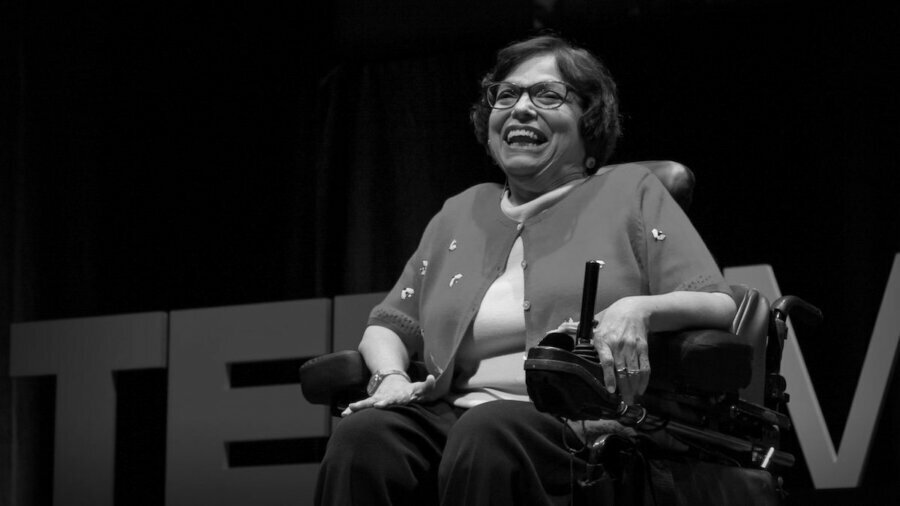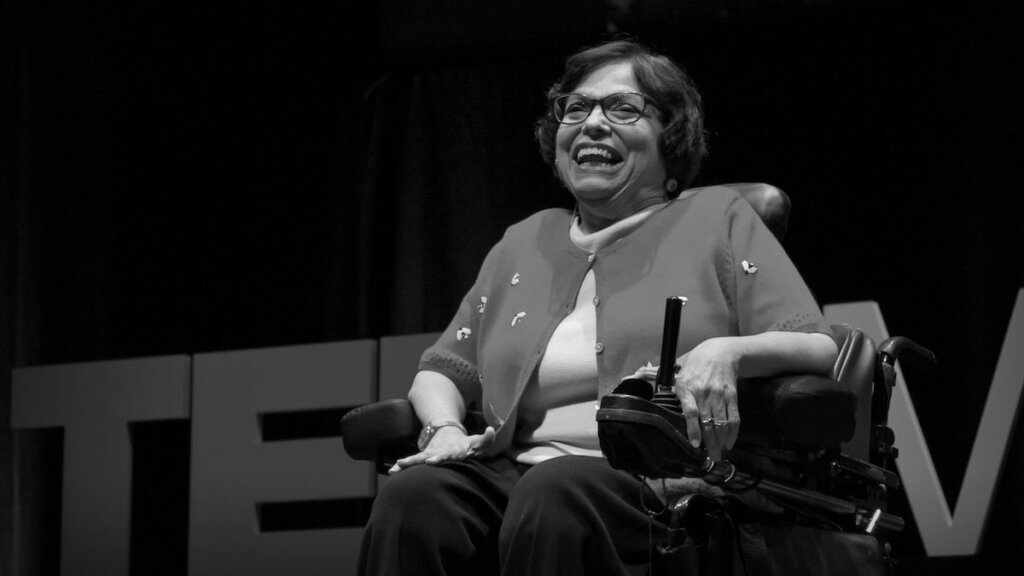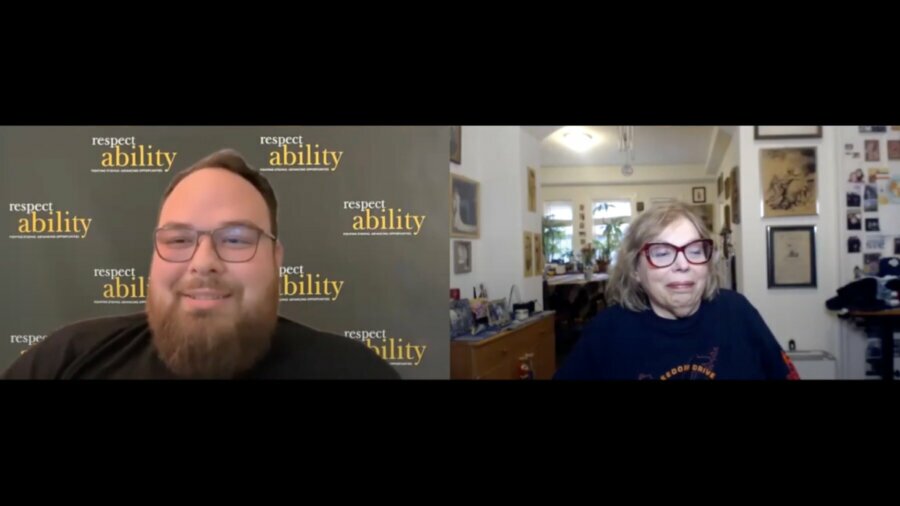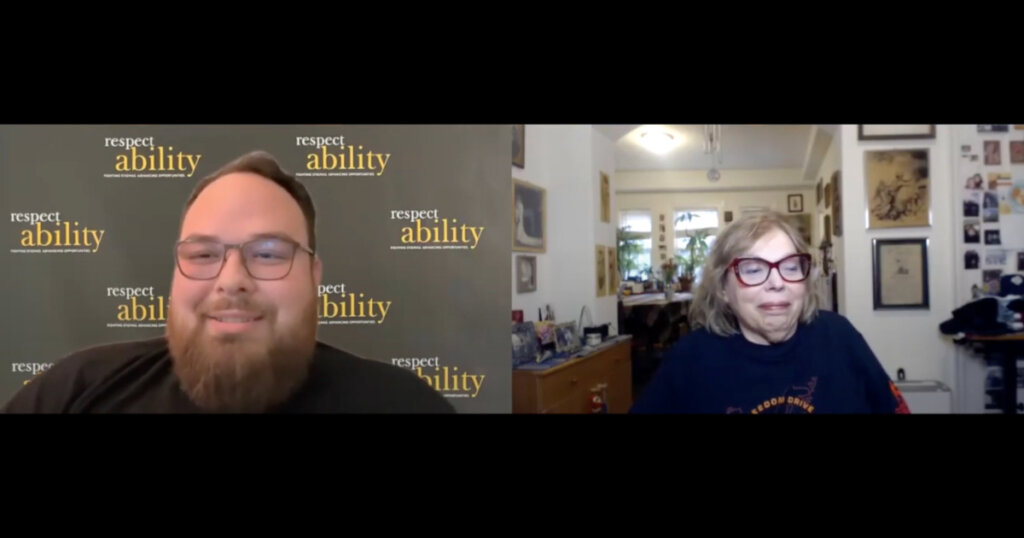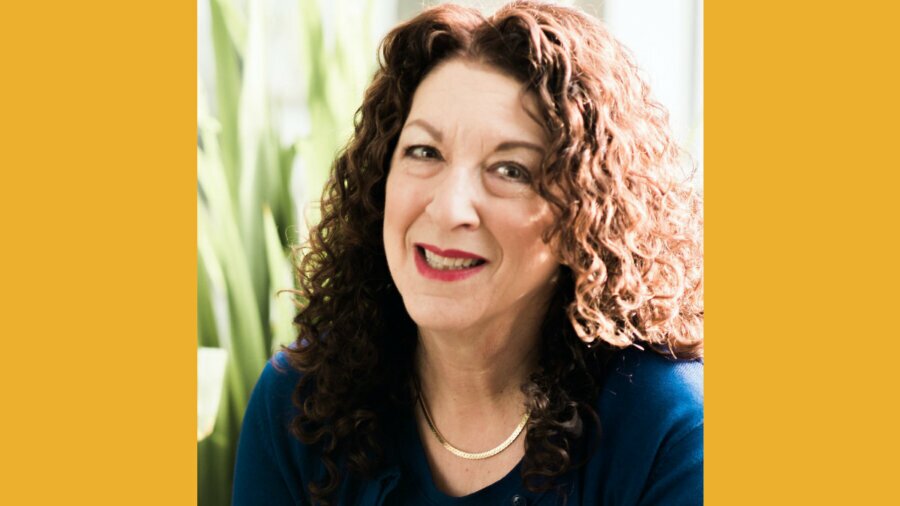We at RespectAbility’s Faith Inclusion and Belonging department know firsthand the importance of faith-based summer camps for providing spiritual and community formation. One might believe the work of faith inclusion is limited to what we do in worship services together, but as we learned from our recent webinar with Tammy Besser and Sarah McKenney, what we do outside of worship is often just as important for faith inclusion.
I myself have been profoundly shaped as a disabled person of faith by summer camp. I was fortunate to attend Pilgrim Pines, a United Church of Christ (UCC) affiliated summer camp in the heart of the San Bernardino Mountains in Southern California. Pilgrim Pines was one of the first places where I encountered full integration of disabled people in a community. The camp partnered with local care facilities to bring children and adults with intellectual and developmental disabilities to camp. Disabled people are often segregated from the rest of society, so the opportunity to build lifelong friendships and spiritual connections year after year with fellow campers, both disabled and non-disabled, was transformative. [continue reading…]


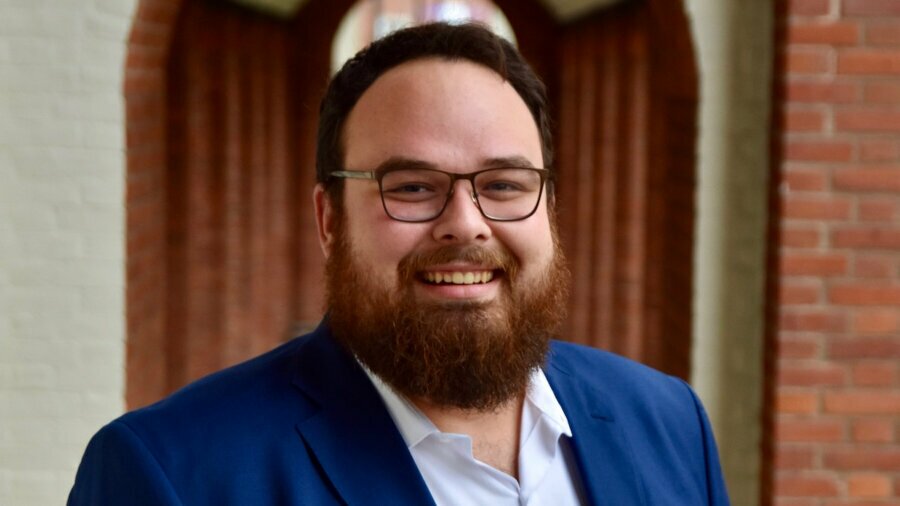


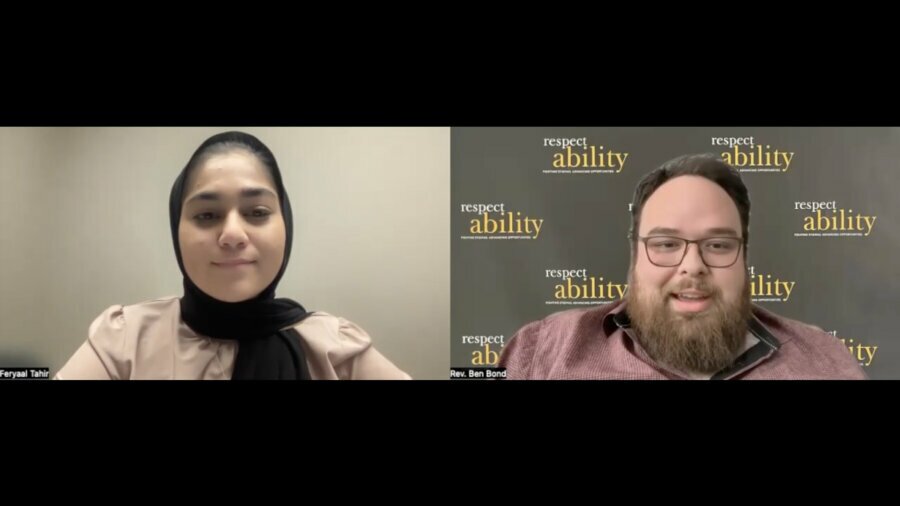
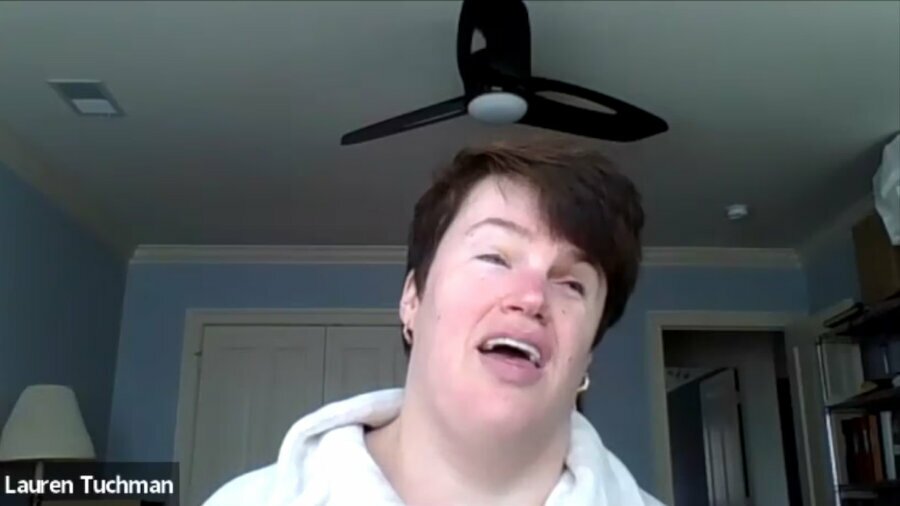

 In the Christian tradition, Holy Week is the last week of Lent. The significant days within Holy Week often include but are not limited to: Palm Sunday, when Jesus enters Jerusalem; Maundy Thursday, where Jesus has his last supper with the Disciples; Good Friday, which commemorates the death of Jesus; and Easter, which celebrates the resurrection of Christ.
In the Christian tradition, Holy Week is the last week of Lent. The significant days within Holy Week often include but are not limited to: Palm Sunday, when Jesus enters Jerusalem; Maundy Thursday, where Jesus has his last supper with the Disciples; Good Friday, which commemorates the death of Jesus; and Easter, which celebrates the resurrection of Christ.
